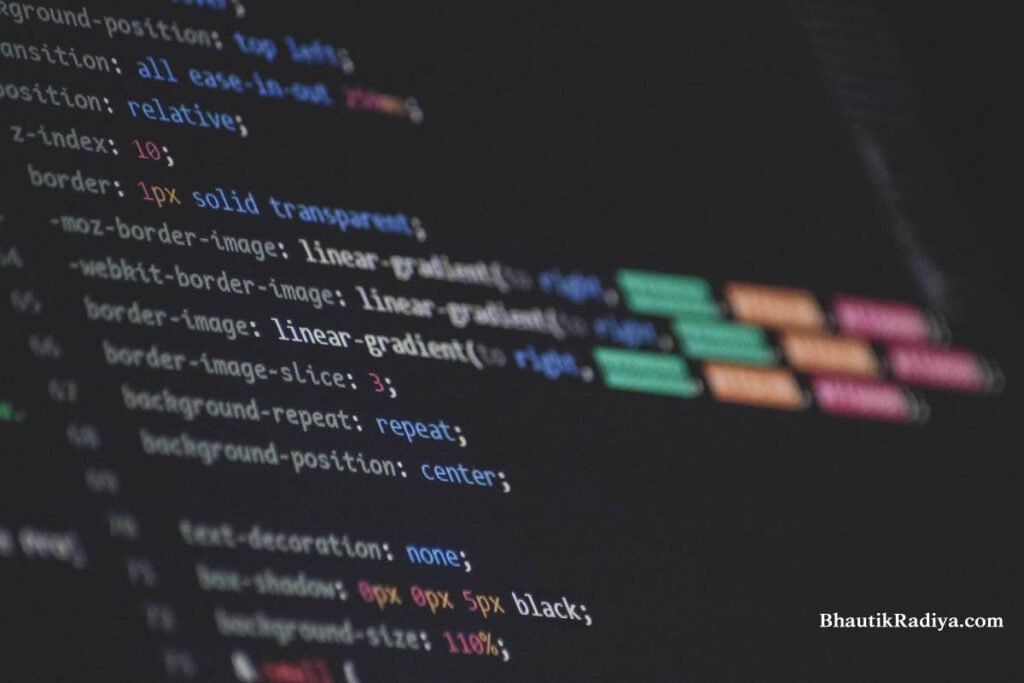Mathematics in AI is crucial for understanding artificial intelligence (AI) and machine learning (ML). A solid grasp of mathematical concepts allows data scientists and engineers to design, implement, and optimize complex algorithms. In this article, we will explore the critical mathematical concepts that underlie AI, including linear algebra, calculus, probability, and statistics.
Linear Algebra: The Foundation of AI
Linear algebra is a branch of mathematics that deals with vectors and matrices, which are fundamental to many AI models. Understanding matrix operations is crucial for several reasons:
- Neural Networks: Neural networks, the backbone of deep learning, rely heavily on linear algebra. Each layer of a neural network can be represented as a matrix operation, where inputs are transformed into outputs through weighted sums and activation functions.
- Data Representation: In AI, data is often represented in multi-dimensional arrays. Linear algebra provides the tools needed to manipulate these arrays, enabling efficient computations and data transformations.
- Dimensionality Reduction: Techniques like Principal Component Analysis (PCA) use linear algebra to reduce the dimensionality of data, making it easier to visualize and analyze complex datasets.
Calculus: Optimizing AI Models
Calculus plays a critical role in the optimization of AI models. Understanding derivatives and integrals is essential for several reasons:
- Gradient Descent: This optimization algorithm is used to minimize the loss function in machine learning models. By calculating the gradient (the derivative of the loss function), data scientists can determine the direction to adjust model parameters to achieve better accuracy.
- Continuous Functions: Many AI algorithms rely on continuous functions for optimization. Calculus helps in understanding how these functions behave, allowing for more effective tuning of model parameters.
- Understanding Change: Calculus provides insights into how small changes in input can affect the output, which is crucial for fine-tuning machine learning models.
Probability: Navigating Uncertainty
Probability is at the heart of AI and ML, enabling models to make predictions based on uncertain information. Here’s why it matters:
- Modeling Uncertainty: Many real-world applications involve uncertainty and noise. Probability theory provides a framework for modeling and quantifying this uncertainty, allowing AI systems to make informed predictions.
- Bayesian Inference: This statistical method uses Bayes’ theorem to update the probability of a hypothesis as more evidence becomes available. Bayesian methods are widely used in AI for tasks such as classification and regression.
- Decision-Making: Probability allows AI systems to weigh different outcomes based on their likelihood, facilitating better decision-making in uncertain environments.
Statistics: Interpreting Data
Statistics is essential for analyzing and interpreting the data that fuels AI and ML. Here’s how statistics plays a crucial role:
- Data Collection and Sampling: Understanding statistical methods is vital for designing experiments, collecting data, and ensuring that samples are representative of the population.
- Descriptive Statistics: Techniques like mean, median, and standard deviation help summarize and describe the main features of a dataset, providing a clear understanding of the data before modeling.
- Inferential Statistics: This branch allows data scientists to make predictions and generalizations about a population based on sample data. Techniques such as hypothesis testing and confidence intervals are crucial for validating AI models.
Conclusion
Mathematics in AI is indispensable for anyone working in AI and machine learning. Linear algebra provides the tools for understanding data representations and neural networks, calculus enables optimization through techniques like gradient descent, probability helps navigate uncertainty, and statistics allows for data interpretation and decision-making. By mastering these mathematical principles, aspiring data scientists and AI practitioners can unlock the full potential of AI technologies and contribute to the advancement of this exciting field.
Call to Action
If you’re interested in delving deeper into the mathematical foundations of AI and machine learning, consider enrolling in online courses or workshops that focus on these topics. The knowledge gained will not only enhance your skills but also prepare you for a successful career in the dynamic world of AI.





Thinker Pedia Great information shared.. really enjoyed reading this post thank you author for sharing this post .. appreciated
What i do not understood is in truth how you are not actually a lot more smartlyliked than you may be now You are very intelligent You realize therefore significantly in the case of this topic produced me individually imagine it from numerous numerous angles Its like men and women dont seem to be fascinated until it is one thing to do with Woman gaga Your own stuffs nice All the time care for it up
Your writing has a way of resonating with me on a deep level. I appreciate the honesty and authenticity you bring to every post. Thank you for sharing your journey with us.
Noodlemagazine very informative articles or reviews at this time.